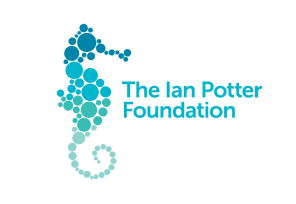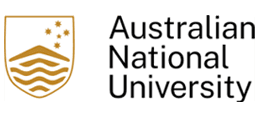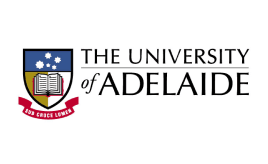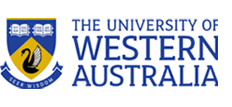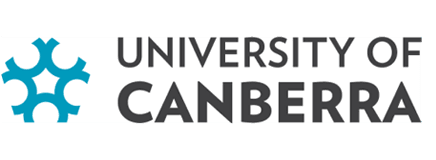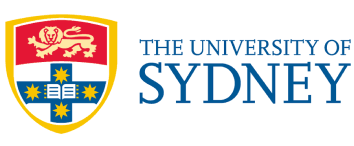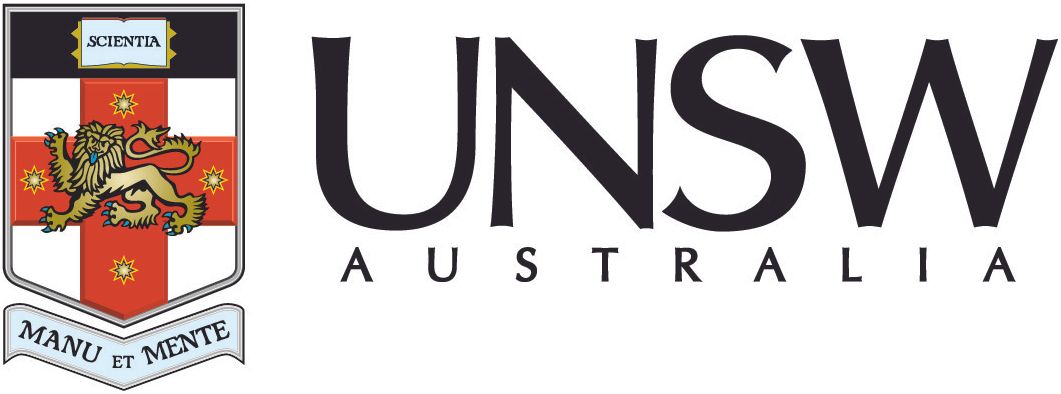Biodiversity Council welcomes return of protection to imperilled dingo population in north-western Victoria
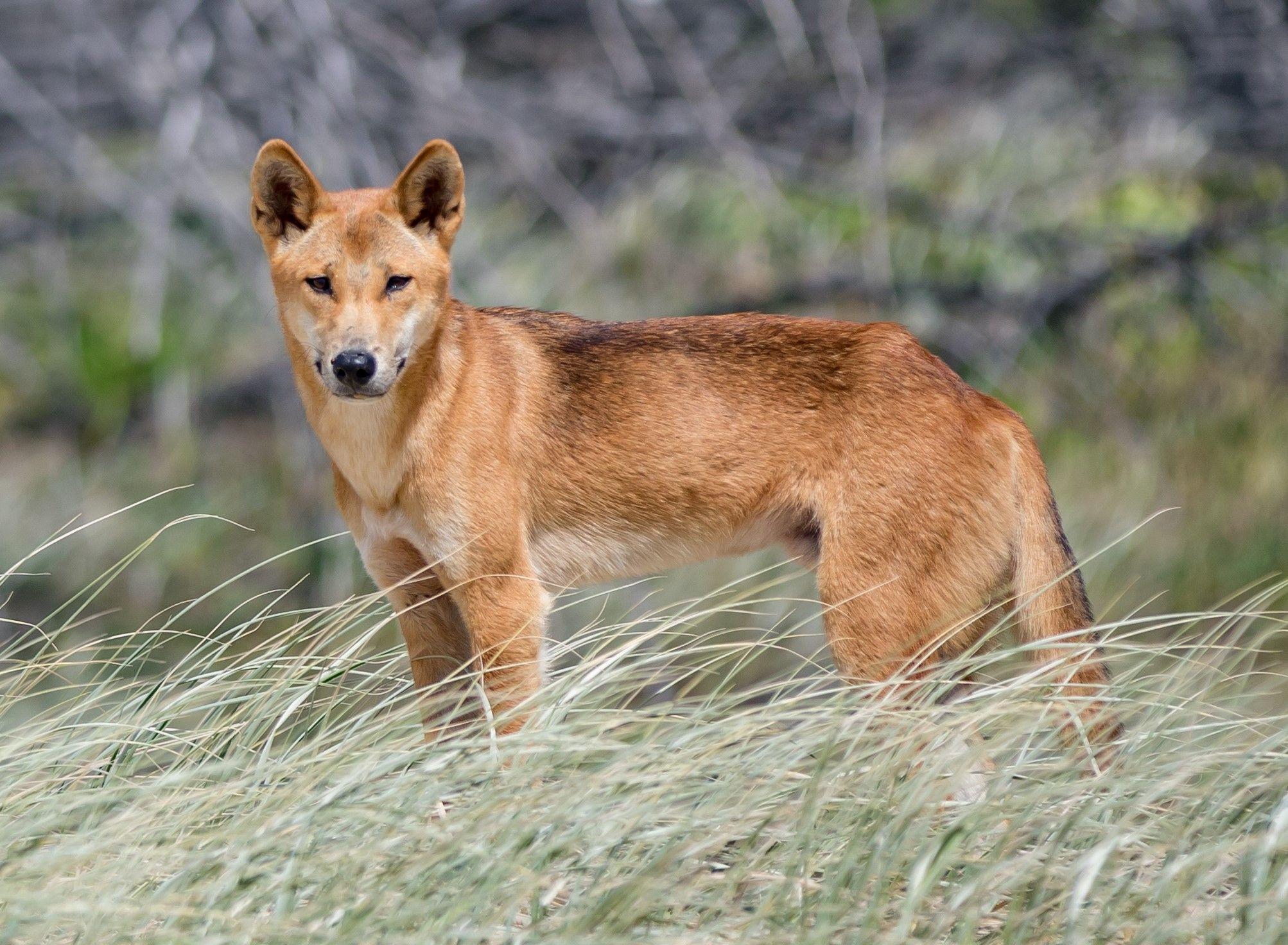
Dingo. Image: Newretreads CC BY-SA 4.0
Media Release
14 March 2024
The Victorian Government has announced a change to dingo management in north-western Victoria today. The Biodiversity Council has welcomed the announcements, which they say are the right decision based on the wishes of Traditional Custodians, the importance of dingoes in ecosystems, and a review of the latest science.
The Victorian Government has announced a change to dingo management in north-western Victoria today.
The changes include the end of an Unprotection Order, which allowed Wilkerr (dingoes) to be killed on public lands despite them being a listed (threatened) native species in the state of Victoria.
The government has also announced a new program to support farmers in the region to protect livestock using non-lethal methods such as guardian animals and exclusion fencing.
Dingo killing is now only possible in exceptional circumstances where they cannot be controlled using non-lethal means and only with an Authority to Control Wildlife permit.
The announcement will come as a relief to Wotjobaluk First Peoples Custodians from Western Victoria who have been active in calling for an end to the Unprotection Order and for conservation of Wilkerr.
The Biodiversity Council has welcomed the announcement, which they say is the right decision based on the wishes of Traditional Custodians, the importance of dingoes in ecosystems, and a review of the latest science.
Biodiversity Council Councillor Professor Euan Ritchie from Deakin University said, “This is amazing and very welcome news for Wilkerr (dingoes) in north-western Victoria!
“The Victorian Government’s own data shows that the population is at risk of extinction, with likely fewer than 50 breeding adults left in the Big Desert-Wyperfeld region. Contrary to myth, genetic testing has also shown that the majority of these animals are pure dingoes.
“Wilkerr are essential for healthy ecosystems and Country. As the top predator in the Big Desert-Wyperfeld area they play an important role by reducing kangaroo, wallaby, emu, and feral goat numbers. This in turn benefits vegetation communities and the many smaller animals that depend upon plants for food and shelter.
“It is great to see support being offered for non-lethal ways to manage the impacts of dingoes on livestock, such as the use of guardian dogs and strategic fencing.
“These methods have already been used in numerous areas, both overseas and across Australia, and in some cases can be more cost- and ecologically-effective than traditional lethal approaches.
“We can have productive livestock grazing and healthy ecosystems, that respects wildlife and culture.”
Biodiversity Council Co-Chief Councillor and Yuin man Dr Jack Pascoe from the University of Melbourne said,
“This is a good outcome in north-western Victoria, but First Peoples Custodians from many other regions across the country, for whom dingoes are culturally important, are still waiting to be part of decision making for them.
“First Peoples Custodians have a complex relationship with Country which extends to kinship with plants, animals and ecological communities. This binds them to follow lore through reciprocal care.
“Our national laws to not recognise or support First Peoples Custodians to care for species and places that they have a deep cultural obligation to and this causes distress to First Peoples.
“Right now, the Australian Government is reforming our biodiversity laws – widely seen as not fit for purpose.
“We want to see the ability for First Peoples Custodians to list culturally significant species and places to ensure that they can fulfil their ongoing connection with and care for species.
“This could improve the care of these species, support First People’s custodians to fulfil their deep cultural obligations and ensure ongoing connection with them for future generations.
“The timing is right for these changes.
“We asked 3,400 Australians whether they support implementing measures to protect Australian wildlife of cultural significance and 4 out of 5 (81%) said they support it. Only 1 in every 33 people (3%) were opposed.”
The Biodiversity Council is an independent expert group founded by 11 Australian Universities to promote evidence-based solutions to Australia’s biodiversity crisis.



